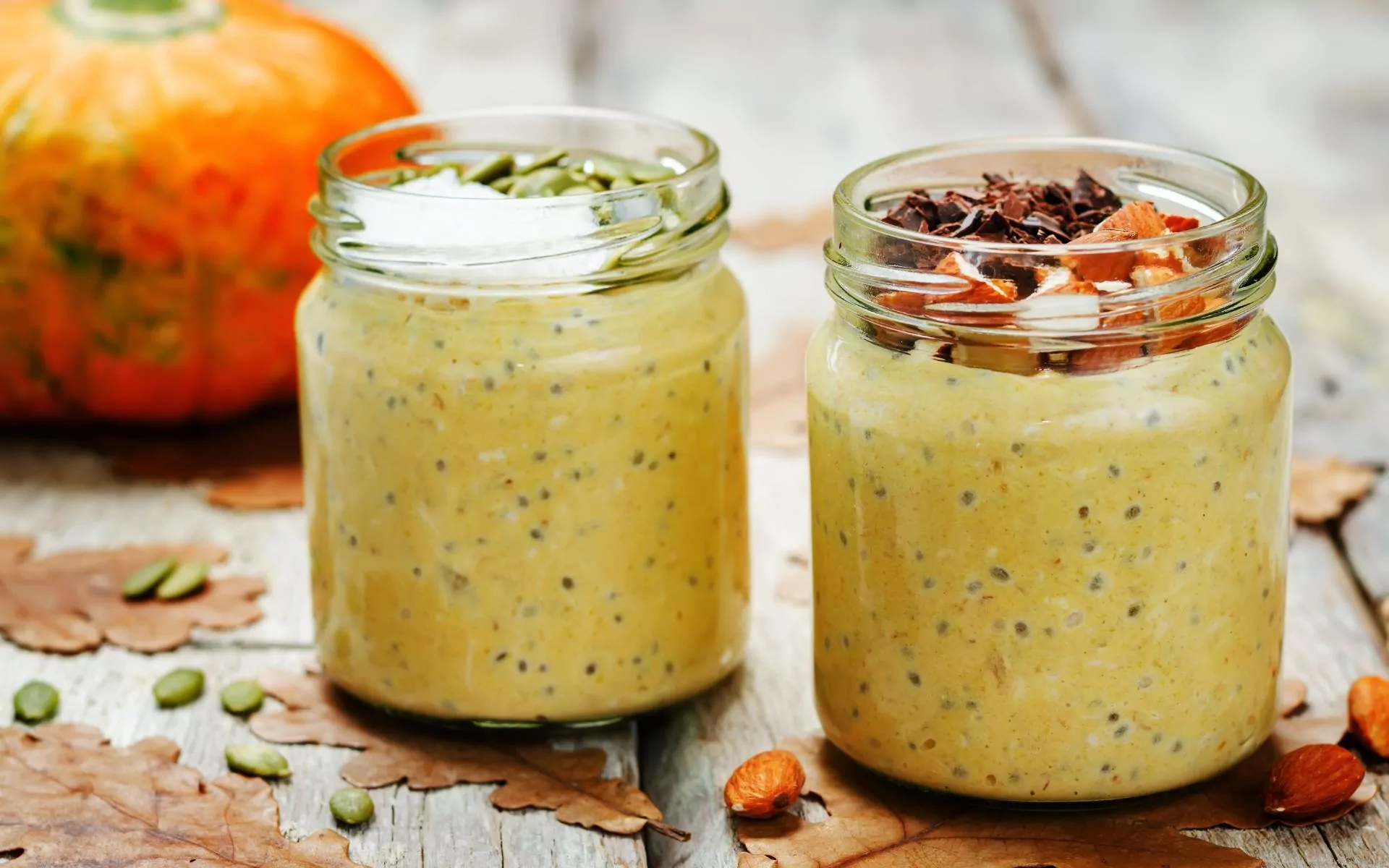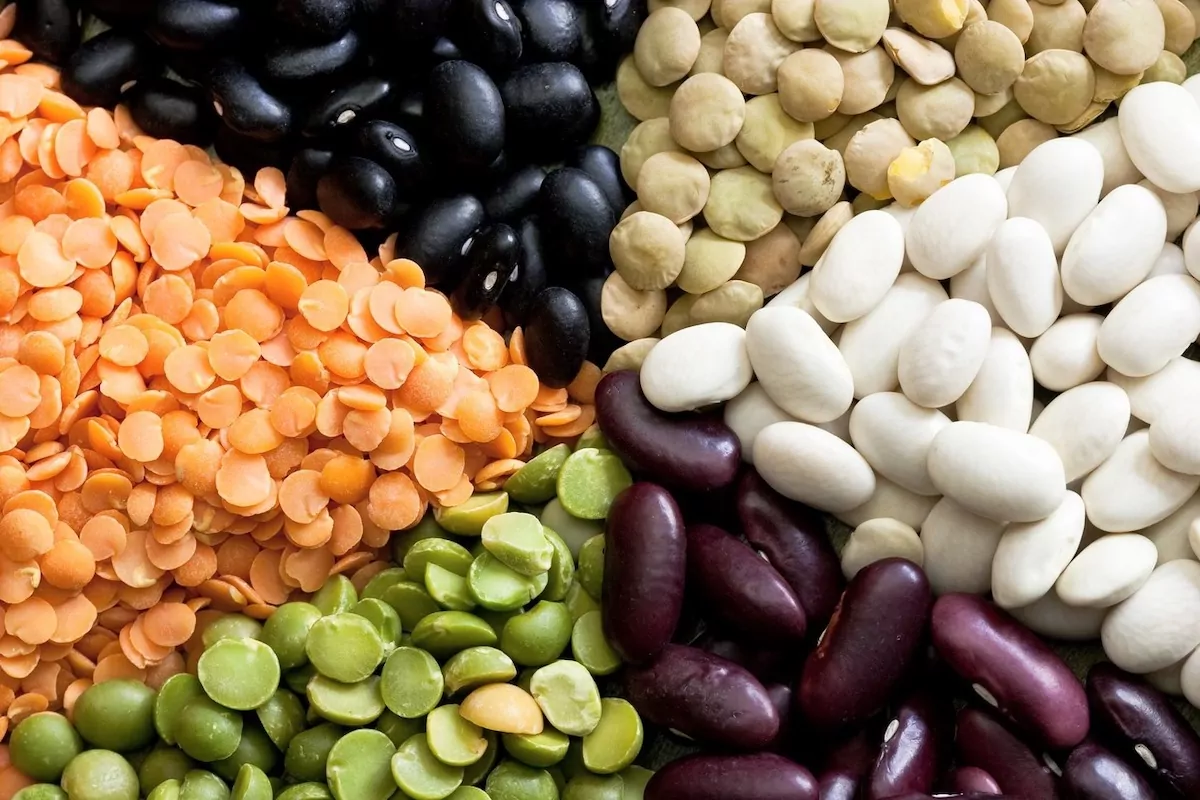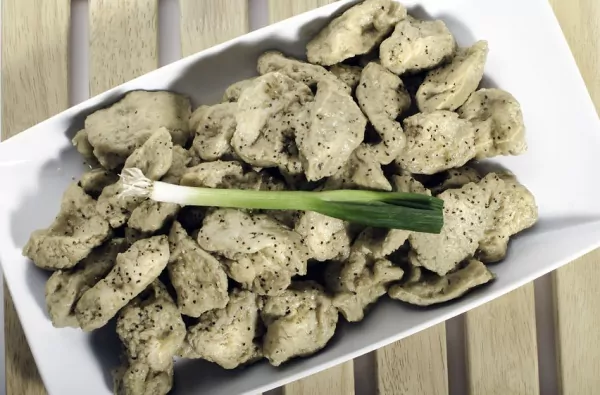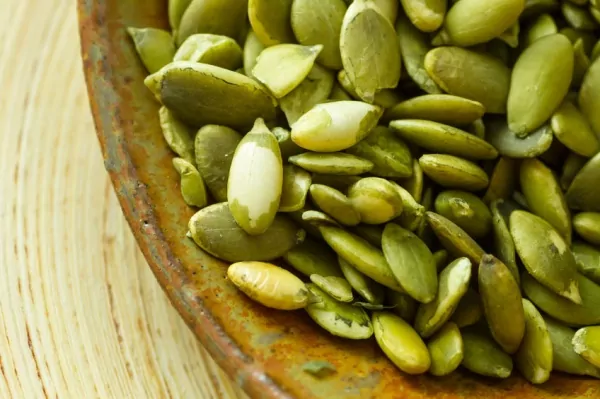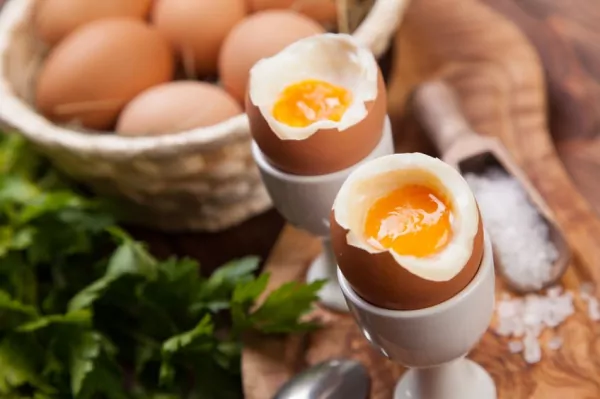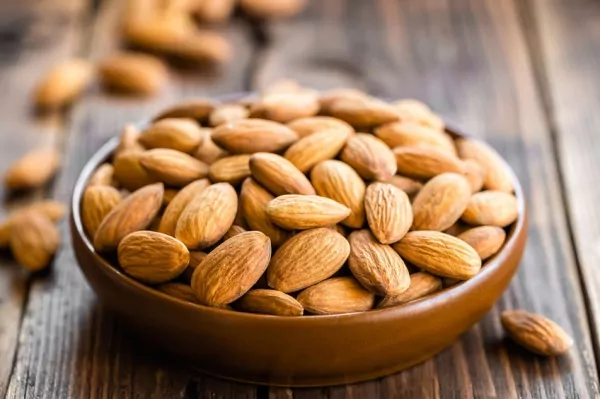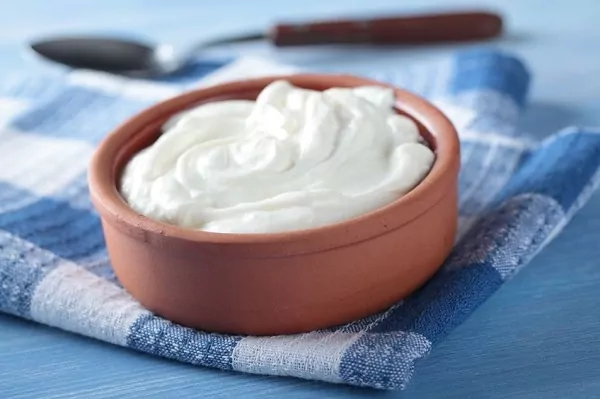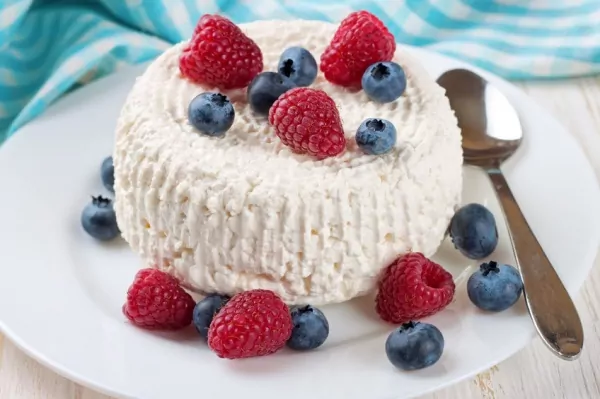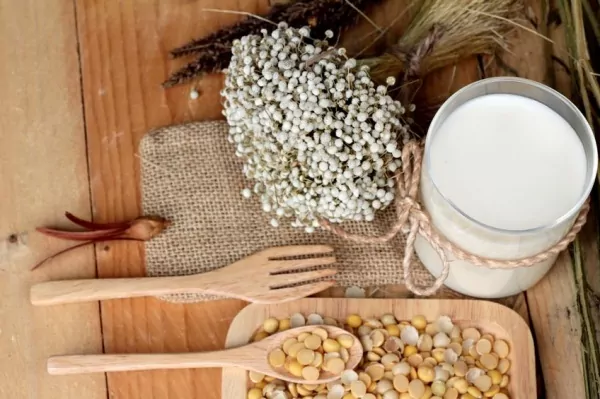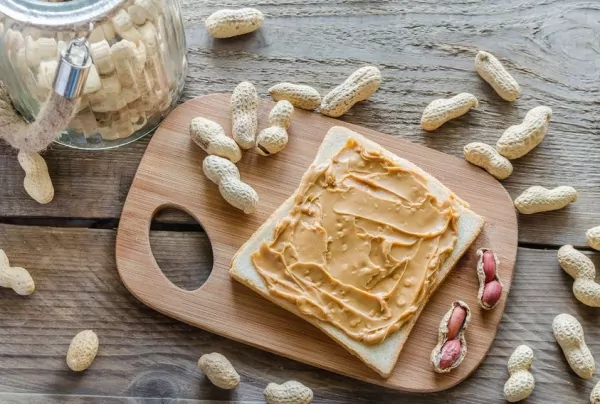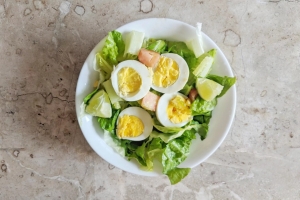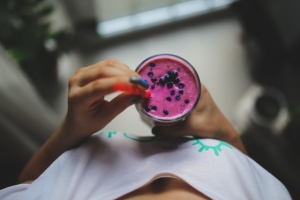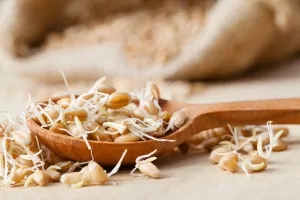10 Deliciously Healthy High-Protein Foods
Protein is an essential nutrient we need to stay healthy, energized, and slim. Protein deficiency leads to hair loss, diarrhea, loss of fluid and electrolyte, muscle wasting, anemia, liver issues, mental malfunction and some other serious diseases, which is why it’s important to watch your protein intake, especially if you are a vegetarian.
While some of the best sources of protein are meat and fish, I decided to share some meatless sources. As a vegetarian, I know I have to consume at least 2 servings of protein each day, so these ten foods are always on my daily meal plan. Whether you go vegan or you are a meat lover, include some of these healthy high-protein foods in your eating plan to ward off serious diseases.
1 Dried beans
With a great variety of dried beans, it’s easy to use them in your soups and stews to boost your protein intake. From kidney beans, black beans, and pinto beans to lentils, soybeans and chickpeas, you can have new soup every day. Even though dry beans vary considerably in size, shape, color, and flavor, their nutritional composition is almost similar.
More: 10 Healthy Fiber-Rich Foods
All of the dried beans are excellent sources of fiber-filled protein, B vitamins, potassium, and good carbs. Soak the beans of your choice for several hours or overnight, rinse and add to your soup or simmer for 2 hours to have a deliciously healthy dinner.
2 Seitan
If you are a vegetarian or you simply don’t consume meat or fish, seitan may be a great alternative. Known as wheat meat, seitan mocks the texture of chicken, making it perfect for meals that usually contain meat. I use seitan in soups, sandwiches, salads, and stews. If you can’t find seitan, opt for tofu.
More: Your Perfect Breakfast Based on Your Zodiac Sign
The only difference is that you can’t use tofu in many meals. Seitan is a plant-based protein that’s good for your health.
3 Pumpkin seeds
Since it’s a pumpkin season, why not take a total advantage of it? Use pumpkin in your soups and leave pumpkin seeds for snacking. If you don’t like the taste of the seeds, trick yourself into eating pumpkin seeds by adding them to your oatmeal or salad. Not only are pumpkin seeds high in protein, but they are also a wonderful source of zinc, manganese, vitamin E and antioxidants. The seeds help to boost mood, increase energy levels, fight cancer, prevent insomnia and relieve menopausal symptoms. So many benefits in so little seeds!
4 Eggs
Need a quick protein boost? Hard-boiled eggs, scrambled eggs or spinach omelet are all you need to increase your protein intake and energy levels at the same time. Avoid eating fried eggs or use olive oil when cooking them. Eggs contain more than 11 essential vitamins and minerals, including protein, iron, zinc, calcium, selenium, vitamins A, B12, E, D, and many more. Since eggs are fortified with muscle-building amino acids, they make an ideal post-workout food.
5 Almonds
When it comes to nuts, portion control is crucial. Just like other nuts, almonds are high in good fats – but just because they are good doesn’t mean you can eat them all day along. A handful of almonds is usually enough to get your daily protein as well as many other nutrients almonds contain. Almonds are good for your heart and can improve your bad mood. Either eat them raw, or add them to your yogurt or other treats – the choice is yours.
Read also – 8 Most Delicious Protein-Packed Snacks
6 Quinoa
Quinoa is one of the most nutritionally dense and feel-good foods that we should be eating more. Quinoa is rich in protein, iron and fiber, and low in cholesterol. It’s a superfood that helps to prevent serious diseases, including cancer. Quinoa is quick and easy to cook and is super healthy when combined with herbs and vegetables. You can also squeeze quinoa into your eating plan by using it in salads.
7 Greek yogurt
Greek yogurt is everywhere and for very good reason. It’s fortified with protein and all the other nutrients your body needs. It’s low in calorie, sugar and fats, making it a healthy snack and a low fat treat to eat on the go. When combined with fresh fruits, Greek yogurt is a real nutritional powerhouse. It can also be enjoyed with raw honey or on its own – don’t add any sugar to it. You can use Greek yogurt in your smoothies or instead of sour cream as a topping for your favorite meals. The possibilities are literally endless.
8 Cottage cheese
Cottage cheese is plentiful in protein, calcium, phosphorus and vitamin B12 to keep your energy high, your bones healthy, and your immune system strong. Cottage cheese is good for your hair, skin and nails as well. There are many ways to incorporate cottage cheese into your diet plan. You can consume it with fresh fruits, nuts and seeds, make cottage cheese muffins, pies, smoothies and any dessert you like. Cottage cheese is versatile, cheap and delicious high-protein food that you should eat at least once a week.
9 Soy milk
One of the best high-protein foods and nutritionally adequate alternative to cow’s milk is soy milk. A cup of soy milk contains around 7 grams of protein. Soy milk is incredibly versatile, which means you can add it to your oatmeal, coffee, tea, desserts and drink it instead of other types of milk. It’s naturally low in saturated fat and is absolutely cholesterol free. If you are trying to drop weight, opt for low-fat varieties to reduce your calorie intake.
10 Peanut butter
Homemade peanut butter is a richer source of protein than a store-bought one, but still both contain protein, fiber and some essential amino acids. Moreover, peanut butter is chock-full of heart-healthy monounsaturated fats.
Combine banana, Greek yogurt, and a spoonful of peanut butter and you’ll have protein-rich smoothie in a few minutes. Or, spread peanut butter on toast or whole-wheat crackers for healthy breakfast or snack. Peanut butter cookies make tasty and healthy treat too.
Read also – 11 Delicious Foods to Make in a Blender
Just like other nutrients, protein plays an important role in the body. It controls biochemical reactions, provides structure and strength to tissues and cells, and aids the immune system. Protein deficiency can cause fatigue so if you feel like you have no energy to get through the day, include protein-rich foods into your breakfast and lunch to increase your energy levels and boost your productivity. What are your favorite sources of protein?
